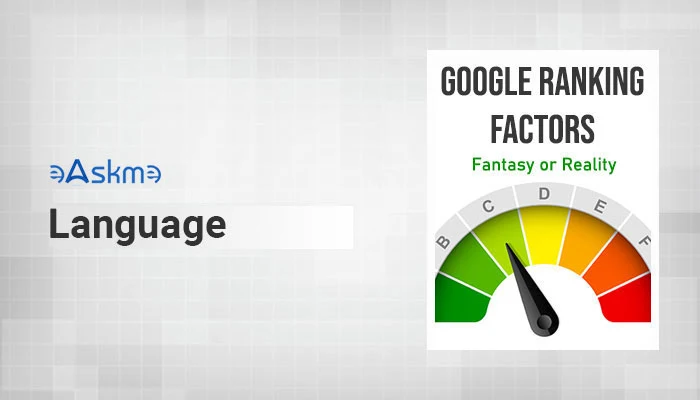Google launched the "Recommendations" feature in the search console. Now, your Search Console dashboard also displays recommendations for SEO. These recommendations include rich results, videos, performance data, and queries.
Google Search Console is a helpful platform for understanding website issues. Finding those issues helps you take the next step and fix them.
But there was nothing that Google clearly recommended you do.
 |
| Google Search Console Recommendations: eAskme |
But, with Google Search Console Recommendations, you are getting issues in front of your eyes. It also provides suggestions to fix those issues.
Here is everything you must know about Google Search Console Recommendations.
Google Search Console Recommendations:
Google’s Search Console Recommendations feature is available for a few users and is still in “experimental” mode. Sites that receive “Recommendations” in the Search Console can fix issues and improve their website’s performance.
It is far from Google's responsibility to tell you how to improve your website’s crawlability, indexing, and search presence.
The information was already in the Search Console, but Google is making it clear with recommendations.
With the help of Google’s recommendations, SEOs can fix issues to improve indexing and ranking.
Accessibility of Recommendations:
- Google Search Console Recommendations feature is not available for every user.
- It is an experimental feature.
- The recommendations feature will roll out to other sites in the coming weeks or months.
- Not every site will get recommendations all the time.
- Recommendations will be displayed in your dashboard when Google finds them relevant.
- Google can even set the expiration date for these recommendations.
How Google Search Console Recommendations Can Help You?
If you are interested in improving your website SEO, these “Recommendations” will be very helpful.
As Google itself sends recommendations, it becomes more effective.
Search Console Recommendations will help you to:
- Save time as you get issues in front of your eyes with the solution.
- It is a simplified version of Search Console reports.
- Recommendations have great value as it displays what Google wants you to do before anything else.
- Recommendations also display trending queries on your website. You can use them to improve your content.
- With recommendations, you can find out the ways to fix the issues.
Conclusion:
Google Search Console Recommendations is an excellent feature. It will help web admins who are struggling with Search Console reports. With these recommendations, you can quickly identify issues and rectify them to improve your Google search rankings.
Note: Google Search Console Recommendations are in experimental mode and may not display in your Search Console until Google rolls out this feature worldwide.
Share it with your friends and family.
You May Also Like These;


.jpg)












